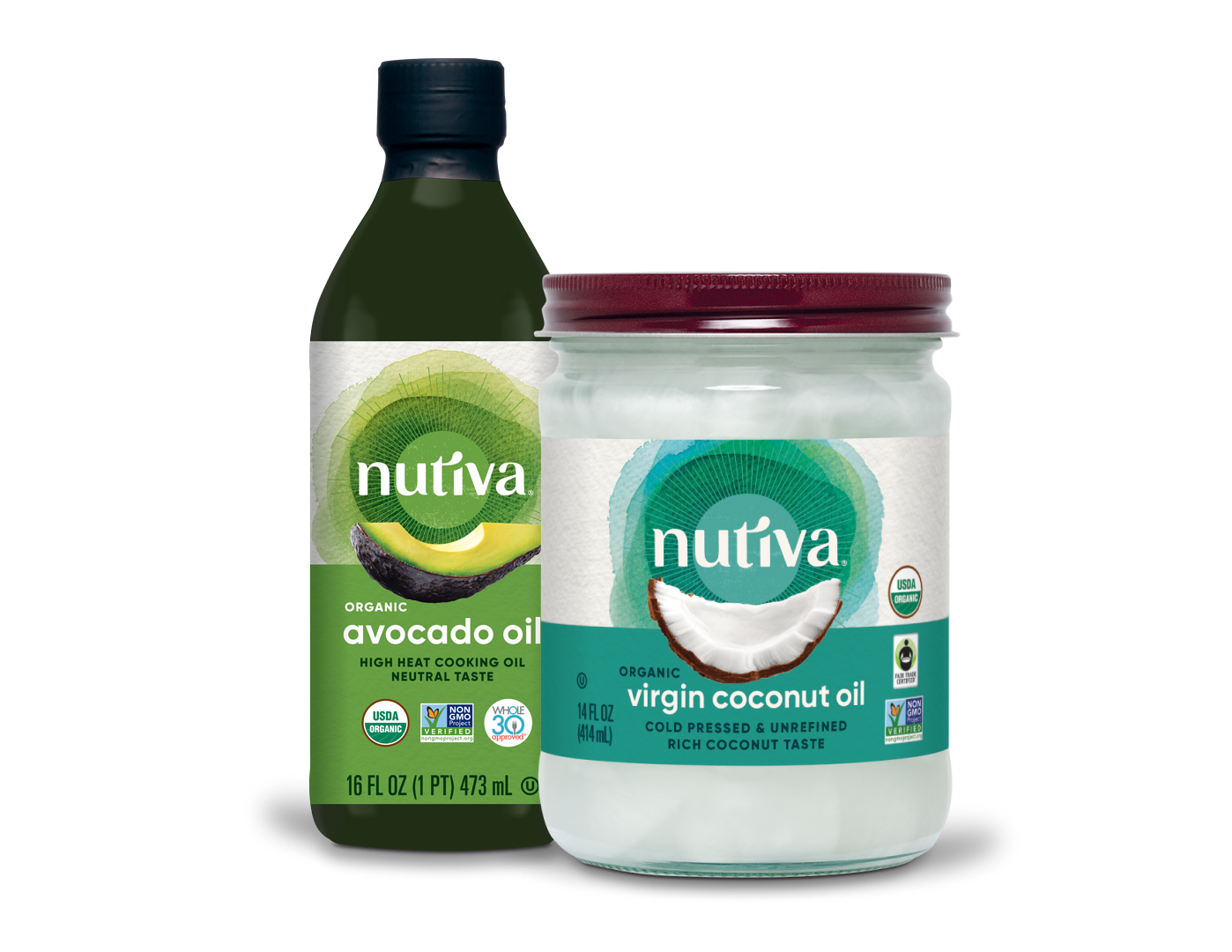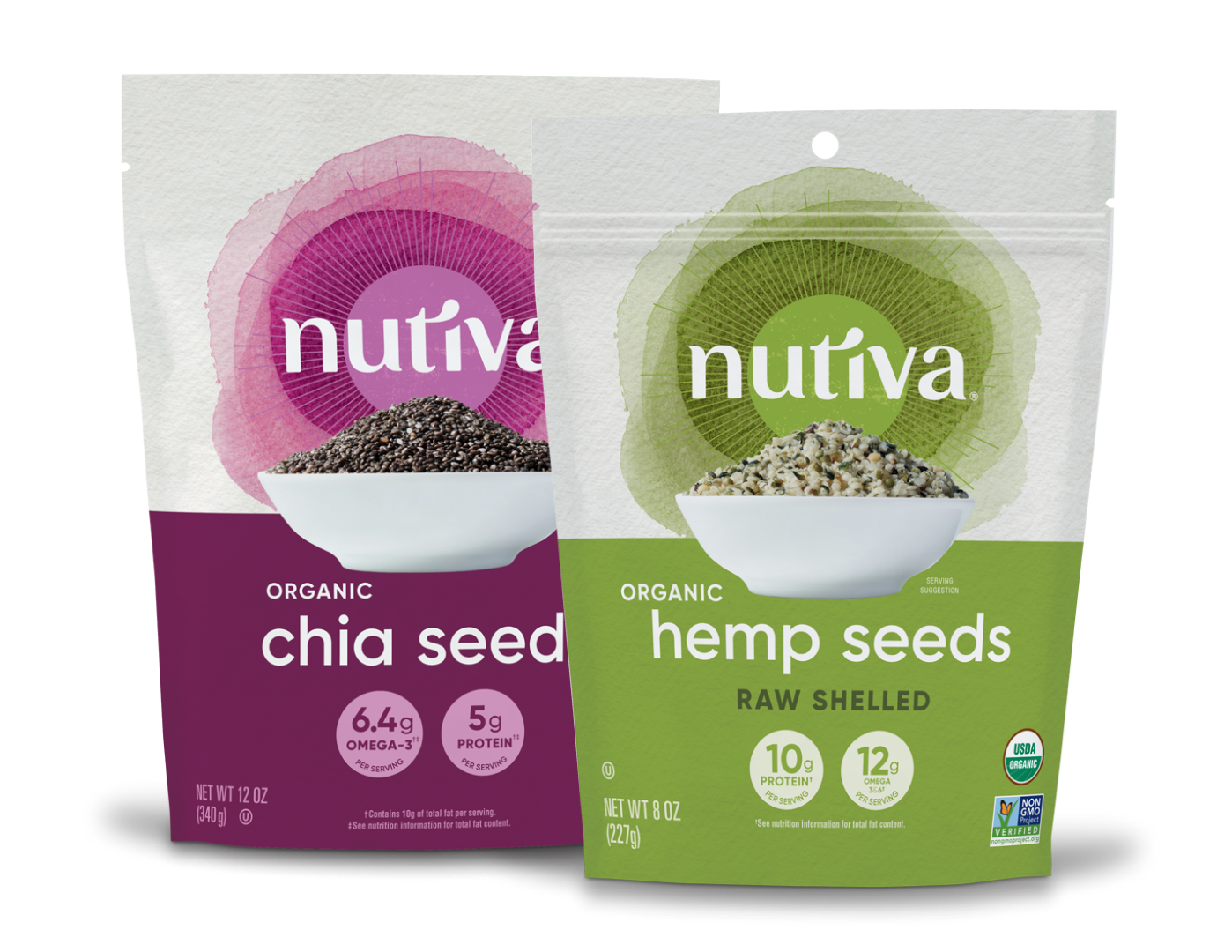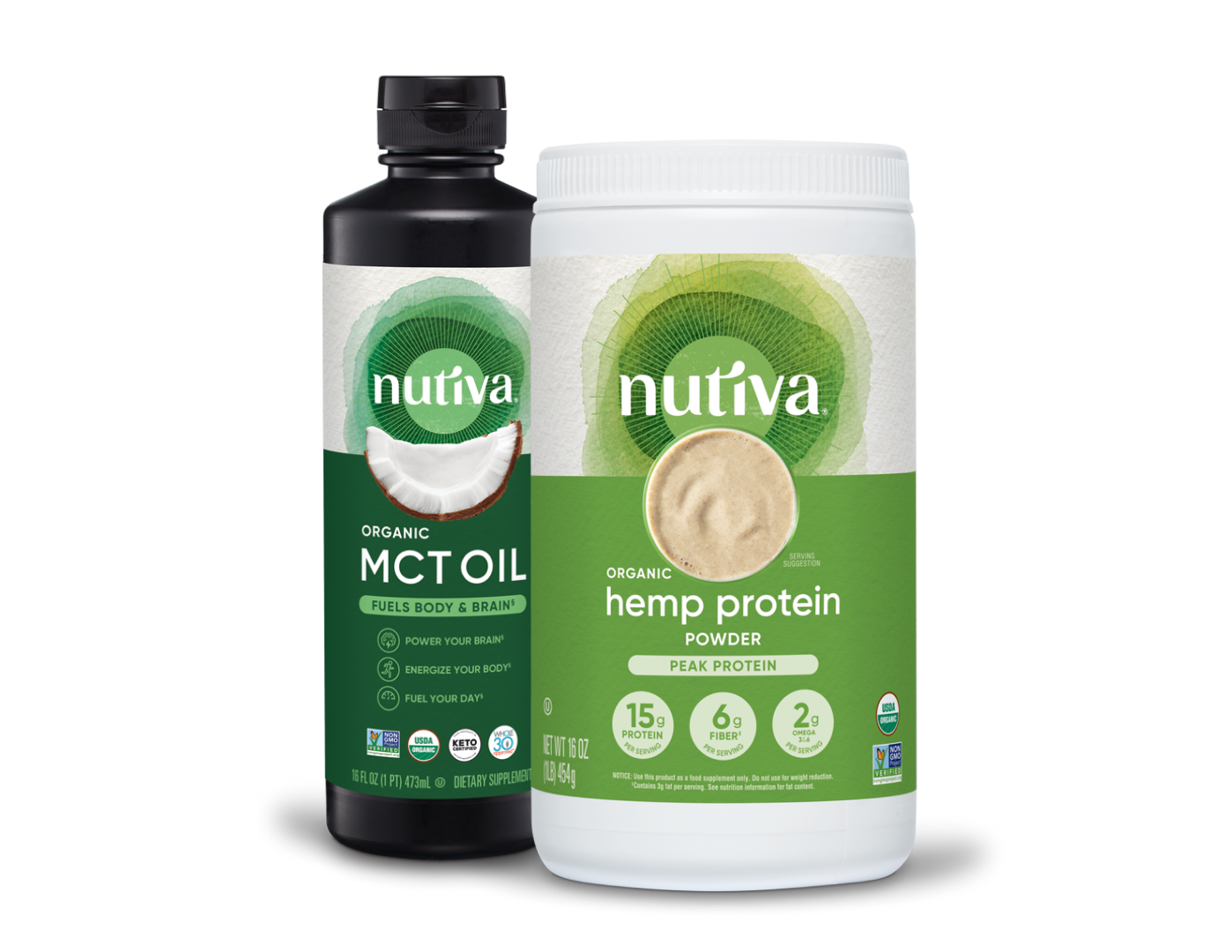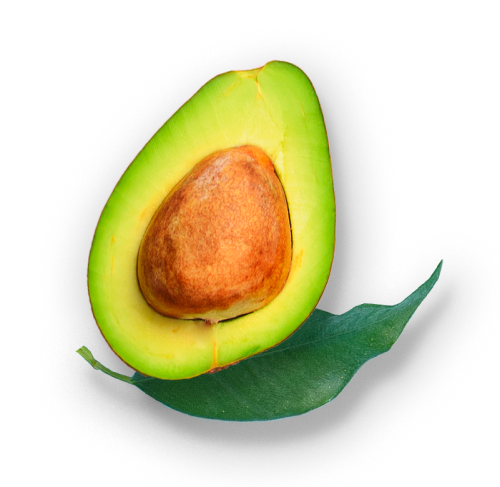food democracy and the fight to label gmos
An Interview with Arty Mangan, Director of Bioneers Restorative Food Systems Program

Photo Credit: Republic of Light
As conscious consumers and people who care about our health, we want to know what goes into the food we eat. Over the last few decades we’ve seen enormous strides in the organic and local food movements and a resurgence of farmer’s markets, urban gardening and youth activism for food justice. However, one area where Americans have fallen behind is in the regulation and labeling of GMO ingredients in our food.
According the Non-GMO Project, food products that are currently at a high risk for being genetically modified include:
- Alfalfa
- Canola
- Corn
- Cotton
- Papaya
- Soy
- Sugar Beets
- Zucchini and Yellow Summer Squash
So many foods on that list are common to our everyday diets and yet we don’t have a clear picture of what we’re eating. Why aren’t GMO foods being labeled in stores and on packaging? I asked Arty Mangan, Director of Bioneers Restorative Food Systems, to share his insights about the current state of GMO labeling and what we can do to help bring more transparency to our food system.
Q: How does the United States compare to other nations when it comes to GMO labeling?
In at least one way, Vietnam, China and Russia are more democratic than the United States. They are among the more than 60 countries that have made labeling GMO ingredients in food the law of the land. In Europe, GMO foods are labeled and the overwhelming majority of people refuse to buy them, that’s how a free market is supposed to work. In the United States, we don’t have that freedom of choice, despite the fact that GMOs offer no benefits to consumers and have not been proven safe.
Q: Is there science to back up the claim that GMO ingredients in food are safe
David Suzuki, the award winning Canadian geneticist and broadcaster said, “Any scientist who tells you they know that GMOs are safe and not to worry about it, is either ignorant of the history of science or is deliberately lying. Nobody knows what the long-term effect will be.”
Q: What do you think is the primary reason we’re not currently labeling GMOs in the United States?
Q: Have there been successes in raising public awareness and getting individual companies to eliminate GMOs from their products?
New Strategies for Battling GMOs with John Roulac - February 26, 2015 from Bioneers on Vimeo.
- Forbid states from labeling GMO foods or enforcing existing labeling laws.
- Prohibit state, county or city oversight of GMO crops.
- Further weaken already feeble regulations on GMO crops.
- Allow GMO foods to be labeled as natural.










